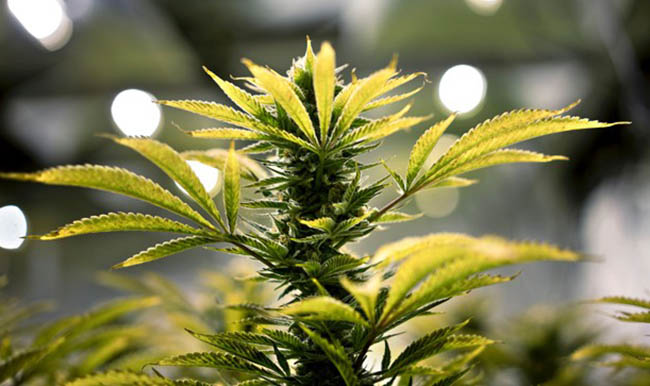 In 1996, medical marijuana became legal in California, and since then, 24 states and Washington, D.C. have enacted similar laws. In addition, four states have passed initiatives legalizing the sale, distribution, and consumption of marijuana while the federal government remains steadfast in their scheduling of the drug.
In 1996, medical marijuana became legal in California, and since then, 24 states and Washington, D.C. have enacted similar laws. In addition, four states have passed initiatives legalizing the sale, distribution, and consumption of marijuana while the federal government remains steadfast in their scheduling of the drug.
Recently, the Drug Enforcement Administration (DEA) denied two petitions to reschedule marijuana under the Controlled Substances Act (CSA). The DEA classifies drugs, substances, and certain chemicals into five schedules depending on the drug’s acceptable medical use and its potential for abuse.
Schedule I – Includes drugs defined by the DEA as those with no currently accepted medical use and a high potential for abuse like heroin, LSD, marijuana, ecstasy, methaqualone, and peyote
Schedule II – Includes substances with high potential for abuse, with use possibly leading to severe psychological or physical dependence. Some examples include: Vicodin, cocaine, methamphetamine, methadone, hydromorphone, fentanyl, Adderall, and Ritalin
Schedule III – Includes drugs that have a moderate to low potential for physical and psychological dependence. Tylenol with codeine, ketamine, and anabolic steroids such as testosterone are among the drugs listed in this schedule
Schedule IV – Includes drugs that pose a low potential for abuse and a low risk for dependence like Xanax, Soma, Darvon, Darvocet, Valium, Ambien, and Tramadol
Schedule V – Includes drugs, substances and chemicals that contain limited quantities of certain narcotics, including cough preparations with less than 200 milligrams of codeine like Robitusson AC, Lomotil, Motofen, and Lyrica,
When presented with the proposals to reschedule marijuana, the DEA did not reject them without consideration. Instead, they engaged the Department of Health and Human Services (HHS) and requested a scientific and medical evaluation in order to receive an educated recommendation as to whether marijuana should be rescheduled. The DEA’s Acting Administrator, Chuck Rosenberg, offered thorough responses to both proposals, which can be found in the Federal Register.
Although pro-marijuana propaganda promotes what could be considered myths about the drug’s alleged safety, marijuana remains a Schedule I controlled substance because it does not meet criteria for currently accepted medical use in treatment and has a high potential for abuse.
Download our reference guide for Common Drugs of Abuse.
To learn more about marijuana, visit our website or contact us online.




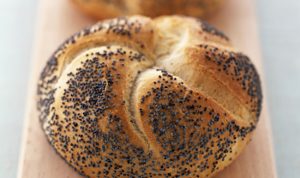
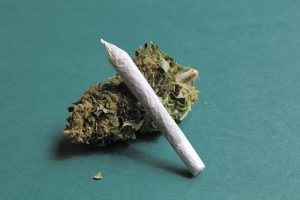


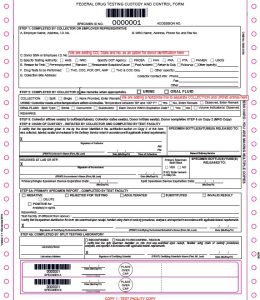


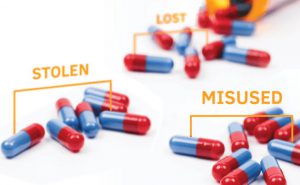









1 comment on “Marijuana remains a Schedule I controlled substance”